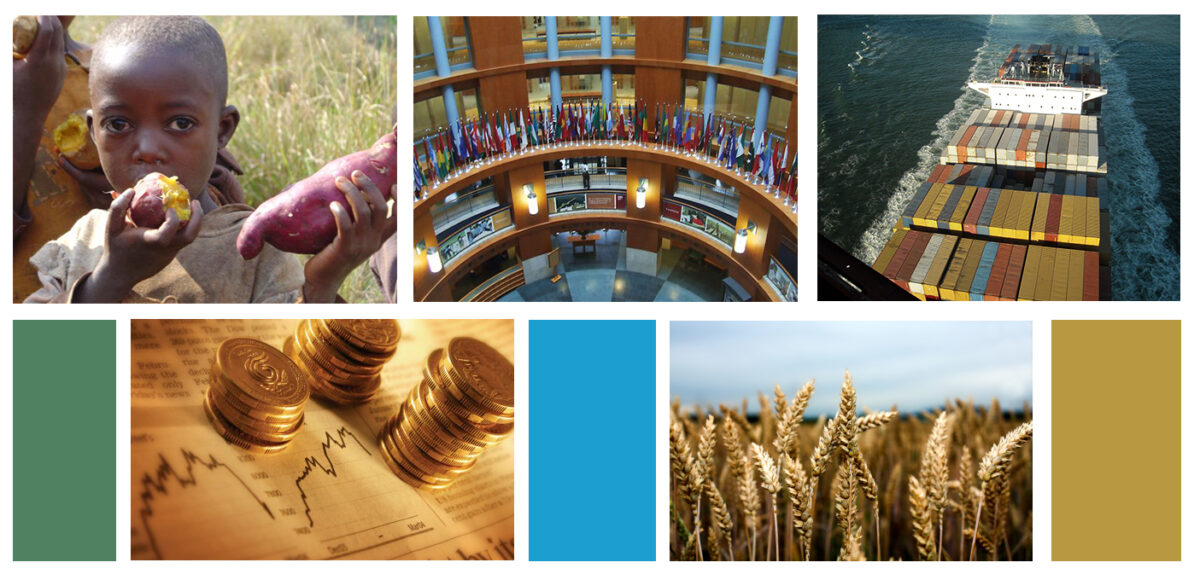A Special Issue to be published in the Journal of International Business Policy
(http://resource-cms.springernature.com/springer-cms/rest/v1/content/16167440/data/v1)
(http://resource-cms.springernature.com/springer-cms/rest/v1/content/16167440/data/v1)
Intellectual Property Rights (IPRs) have become ubiquitous in the current debates about trade and gloablization and have emerged as a key issue of contention in global trade and investment negotiations. The ‘Trade Related Aspects of Intellectual Property Rights’ (TRIPS) Agreement, signed in 1994 as a founding element of the World Trade Organization, represents the most important attempt to establish a global harmonization of Intellectual Property protection, creating international standards for the protection of patents, copyrights, trademarks and design. It also provides a dispute settlement schema and establishes enforcement procedures at the intergovernmental level.
Nearly two and a half decades after the TRIPS agreements, much has changed in the global innovation landscape. Technology trade has flourished and more technology has been transferred to emerging market subsidiaries by MNEs. China has emerged as a major power making huge strides in patenting in both domestic, European and US jurisdictions (Hu et al 2017; Li 2012). Indian public research institutes like CSIR have found patenting has helped them become more self-reliant for funds. New institutional forms of Intellectual property which pool patents have also emerged in response to the global challenges.
The special issue aims at stimulating a wider discussion on the international patenting landscape, its use by emerging markets and the influence on trade and MNE strategies.
We welcome proposals addressing these IPR issues and others from researchers in international business, economics, political science, sociology, law, geography, innovation, development studies, public policy, and international relations.
TIME LINE
December 15, 2018: Deadline for submission of extended proposals
January 20, 2019: Notification of acceptance or rejection of proposals for development as full manuscripts for submission
July 15, 2019: Deadline for submission of full papers via Manuscript Central portal for JIBP (https://mc.manuscriptcentral.com/jibp)
Jan 15, 2020: Editorial notification of conditional acceptance or rejection for inclusion in the JIBP special issue
March 1, 2020: Final manuscripts submitted for the special issue
Nearly two and a half decades after the TRIPS agreements, much has changed in the global innovation landscape. Technology trade has flourished and more technology has been transferred to emerging market subsidiaries by MNEs. China has emerged as a major power making huge strides in patenting in both domestic, European and US jurisdictions (Hu et al 2017; Li 2012). Indian public research institutes like CSIR have found patenting has helped them become more self-reliant for funds. New institutional forms of Intellectual property which pool patents have also emerged in response to the global challenges.
The special issue aims at stimulating a wider discussion on the international patenting landscape, its use by emerging markets and the influence on trade and MNE strategies.
We welcome proposals addressing these IPR issues and others from researchers in international business, economics, political science, sociology, law, geography, innovation, development studies, public policy, and international relations.
TIME LINE
December 15, 2018: Deadline for submission of extended proposals
January 20, 2019: Notification of acceptance or rejection of proposals for development as full manuscripts for submission
July 15, 2019: Deadline for submission of full papers via Manuscript Central portal for JIBP (https://mc.manuscriptcentral.com/jibp)
Jan 15, 2020: Editorial notification of conditional acceptance or rejection for inclusion in the JIBP special issue
March 1, 2020: Final manuscripts submitted for the special issue

